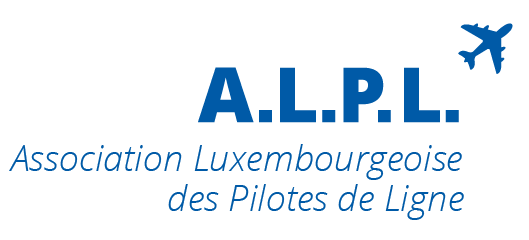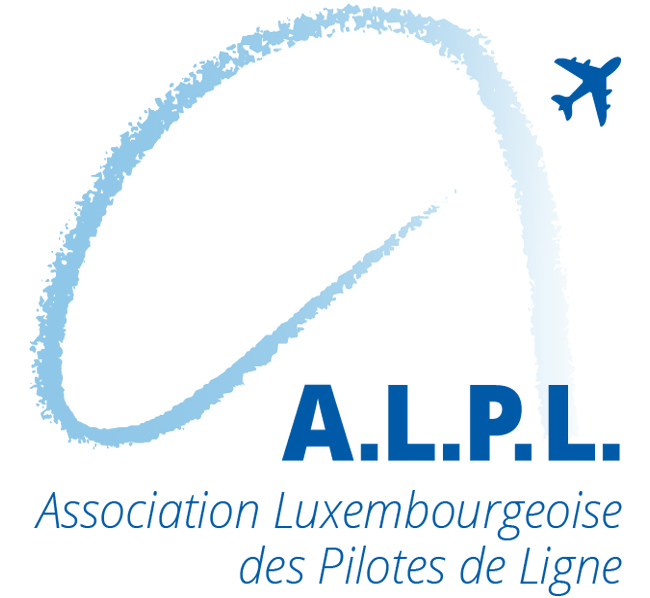Please find below an update regarding:
- CWA Negotiations
- Delayed Reporting
- Fatigue Warnings
- Your Rights and Obligations as Employees in Luxembourg
CWA Negotiations
In our members update in September 2017 we provided a brief text on the upcoming negotiations. To refresh everyone’s memories, the main priorities of you, our members, wished to negotiate and in no particular order were, on removing the “B-scale”, roster stability, improving FTLs and salary increases.
These results provided us, the ALPL Board, a clear guidance what needs to be negotiated by the LCGB when the CWA expires in November 2018. As mentioned, a negotiating team has been formed and is now working on preparing all arguments. The first step has been completed and a draft list of claims has been prepared to reflect in detail the above but not limited principles.
The ALPL Board have met numerous times with the LCGB who is our negotiation partner in this process and we are now ready to request to negotiate as soon as possible.
The next step is to officially approach the company to negotiate. The start of negotiations in Luxembourg is regulated by the labour law and as such has to follow certain rules. It remains to be seen how management will react.
Please also understand that we will not disclose the list of claims until the day all parties agree to negotiate. All items are a priority and will be on the table.
We, the ALPL Board and the LCGB, will be asking you as members for your unity behind these claims and the negotiating team. We ask that members don’t take things for granted and by remaining united we will achieve the outcomes we are all aiming for.
A clear example of unity is the recent successes that the Ryanair Pilots Group together with their respective unions in being recognised by Ryanair management. In addition the unity was shown by all pilots in Europe via a ‘crowd funding’ pool collecting more than Euro 130,000 in a very short time.
Delayed Reporting – Away from Home Base
At the end of 2016 ALPL approached the DAC-L with the complaint that the delayed reporting away from home base procedure in the OM-A is not in line with EASA FTLs. In an audit the DAC-L revealed a finding of the incompatibility of the procedure with the EASA regulations and requested Cargolux to amend the procedure in the OM-A. Finally, after more than one year these amendments in the OM-A were done and a new automated AIMS delayed reporting procedure was implemented at the beginning of January 2018.
As this text for delayed reporting away from home base was changed and does not appear in the current CWA, we produced an amendment in our “Know your CWA 2017” series on our website. In addition an update on “Know your CWA 2017 – Delayed Reporting” was sent to you via email on 30 January 2018.
The implementation of the new AIMS delayed reporting procedure has already produced several reports by our members about wrong and inconsistent delay reports issued by AIMS. Since faulty delay reports could lead to potential fatigue issues, we encourage every crew member to become familiar with the delayed reporting procedure in order that it is applied correctly.
If you experience incorrect application of the delayed reporting procedure which will produce an extended wakefulness period prior to the new ETD, inform Crew Control, the local station and your fellow crew member/s of your new wake up time to ensure that you obtain additional rest so that you are adequately rested for your next duty or series of duties. When you have rested please ensure you submitted a proactive fatigue report through the iQSMS or LEAF apps.
Please refer to the updated Know your CWA 2017 – Delayed Reporting, explaining the revised delayed reporting procedure as outlined in OM-A Chapter 7, Section 6.
If you have any questions do not hesitate to contact us at cvboard@alpl.lu for clarification.
Fatigue Warnings
The fatigue warnings that some of you have received as a pilot from Crew Control are based on a mathematical model. When the level of alertness falls below a predetermined score this triggers the fatigue warning. The mathematical model predicts amongst other items the length of your sleep you have had and then predicts your alertness levels. These actual alertness levels could be higher or lower which certainly depends on the individual.
In this context we would like to comment a statement made in the latest “Boxed Items” flight safety publication. The unknown author addresses concerns by pilots who received a fatigue warning by crew control and states that a crew-member who operates a flight in spite of a previous fatigue warning will not face any “punishable action in case an incident or accident occurs after crew control has warned of potential fatigue”. This statement is an indication of a misunderstanding of the dogmatizes of any legal liability and accountability procedure. Why?
In case of any incident or accident the pilot involved faces numerous potential consequences, ranging from potential company disciplinary action to civil liability litigation or even criminal charges. In all cases, the forum, the legal framework and the scope where these claims are pursued as well as the scope and nature of civil and criminal liability vary from case to case. While disciplinary action will be dealt with on a pure in-house basis and is governed by Luxembourg labour-law, civil litigation against a pilot will be usually brought forward at the place of residence of the individual involved. Additionally there are potential criminal charges which are dealt in accordance with the principle of territoriality.
Yet, all of these cases have in common that the burden of proof works for the defendant, meaning that any charges brought forward, need to be substantiated by solid evidence. However, if a pilot who previously for example ignored a fatigue warning, is involved in an accident the prima fecie evidence will suggest a potential liability of this pilot, effectively reversing the burden of proof to the detriment of the defendant. In this case, the pilot will have to prove that he or she, in light of the applicable standard of liability, did everything correctly. Given the nature of our work and the complexity of our operation, providing this proof might be close to impossible.
Therefore, we strongly suggest that, if you received a fatigue warning, apply a very high and professional standard determining your capability to safely operate any subsequent flight. Please remember that eventually you might face a situation where you have to justify your decisions. As we have indicated in the past, maintaining a sleep log will assist in making the professional decision and don’t forget to please file a proactive fatigue report when asking for additional rest. Please click here for additional guidance on how to write a proactive fatigue report.
Your Rights and Obligations as Employees in Luxembourg
As you are aware, together with our ground staff LCGB partners, we hold the majority of the delegation and the main positions of the delegation.
It was agreed that we would draft regular updates to all staff which will include you our ALPL members on various CWA and Labour Law issues. The first of many of these items will be on Sick Leave entitlement and Procedures. It will be sent by the Delegation President, George Karambilas.




